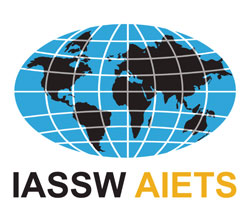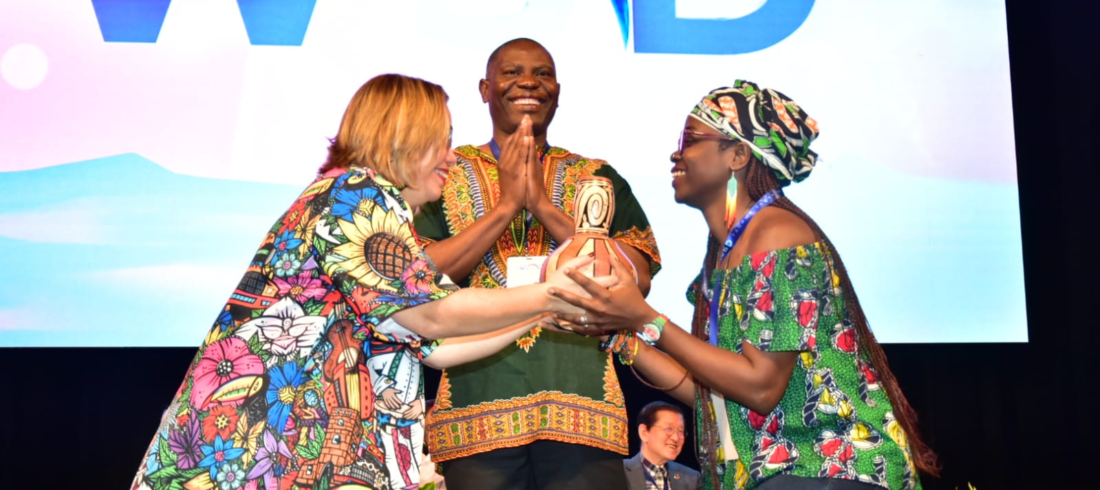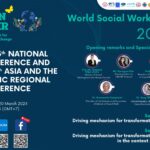International Association of Schools of Social Work Statement on Flood in various countries
The International Association of Schools of Social Work (IASSW) is appalled by the extensive human suffering, loss and grief and environmental damage caused by the recent monsoon season in Asia, especially in India, Nepal, Bangladesh and Pakistan. China has also been badly affected by these disastrous events. Flooding has impacted the African continent, leaving Sierra Leone as particularly hard hit. Latin America and the Caribbean have not been left unscathed. Nor has Europe. Even rich countries are not immune from such devastation as also indicated by the USA, especially the area around Houston as Hurricane Harvey demonstrated when it turned into a tropical storm. Scientists on the Intergovernmental Panel on Climate Change (IPCC) have been arguing for some time that such disasters are linked to climate change and the impact of human activities on the physical environment. Social workers have tended to be actively involved in the immediate relief and recovery phases behaviour providing much needed practical help to those who have been evacuated. However, it is now apparent as Dominelli (2012) has argued, that social work educators and practitioners need to become engaged in all phases of disasters including prevention, preparedness and rebuilding communities for sustainable futures afterwards. This will require the profession to increase its own knowledge base and capacity to intervene. Achieving this goal will require: enhancing training from qualifying level to specialist training; working in transdisciplinary teams to gain access to all the different kinds of knowledge required; co-produce solutions by bringing experts together with local communities; having a stronger voice in local, national, regional and international decision-making bodies; and acquiring the resources to enact these aims. This statement is intended to highlight the urgent need for action, but also the importance of finding out what social work academics are already doing both in the academy and in the field. There are a few social work programmes that are doing this already, and sharing their experiences with those who have not is essential in moving forward. If you have a contribution to make to this endeavour, please contact the Chair of the IASSW Disaster Intervention, Climate Change and Sustainability Committee (DISCCS) onLena.Dominelli@durham.ac.uk
In the meantime, if you can, please show solidarity by contributing to the victim-survivors of these calamities. You can contribute funds by contacting local schools of social work who can put you in touch with local organisations already involved in support initiatives or go for trusted charitable organisations, e.g., the Red Cross, that have local branches and a wealth of experience in such interventions.
Lena Dominelli,
IASSW Disaster Intervention, Climate Change and Sustainability Committee (DISCCS)
Ref: Dominelli, L (2012) Green Social Work. Polity Press.








